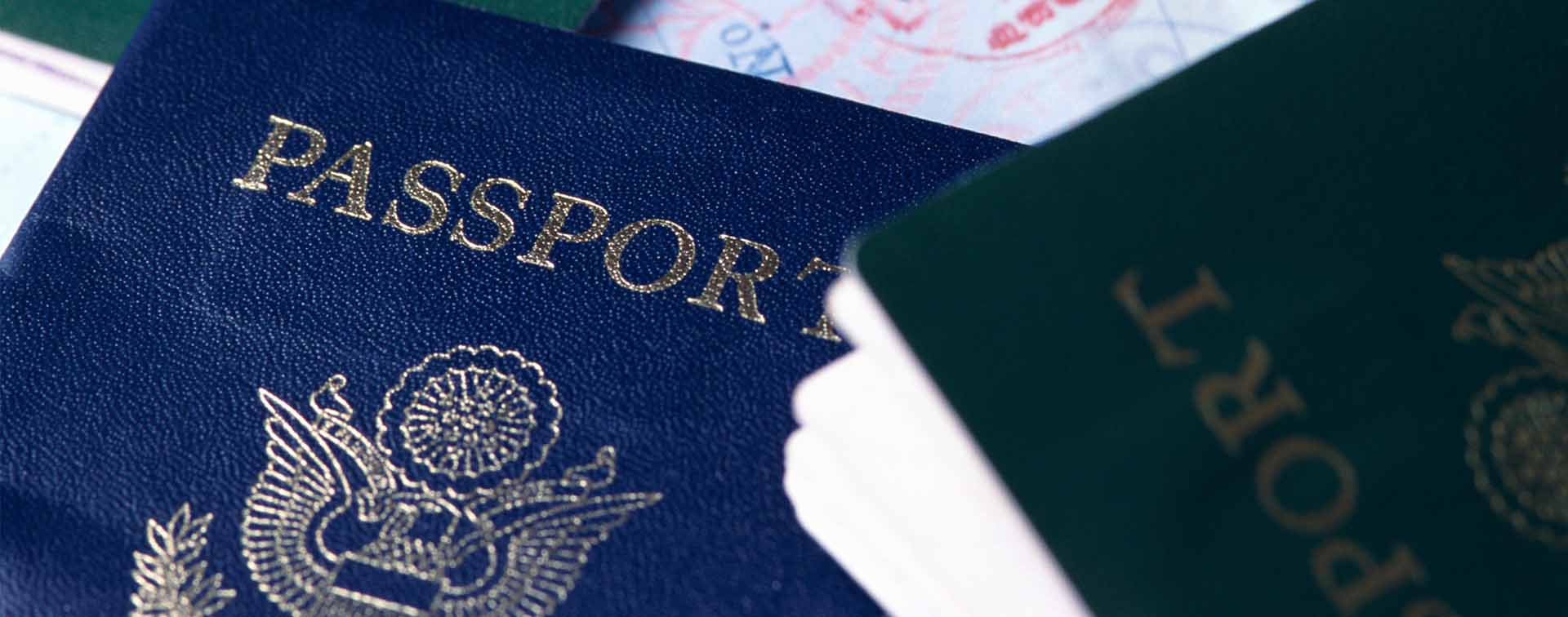
Dominic Volek, CA(SA), FIMC, is Group Head of Private Clients at Henley & Partners.
As regional conflicts and wars intensify, citizens of major world powers, including the USA, are increasingly seeking the safety net of additional passports to travel on. A mix of discrimination fears and physical dangers are driving record levels of demand.
For American, British, and Israeli citizens suddenly unsure of their welcome abroad, supplementary passports provide vital flexibility. They grant discretion amid resentment and access options if conditions rapidly deteriorate in a volatile region.
With nationalist politics increasingly polarizing more and more societies, pragmatic travelers are finding ways to adapt. Now more than ever, additional passports deliver mobility, security, and flexibility when navigating your way through a highly unpredictable and volatile world.

In recent years, wealthy business leaders who travel internationally for work have shown a growing interest in obtaining a second or even third passport. These range from hedge fund managers who meet with global clients to mining company executives who visit operations sites.
Initially, the extra passports offered convenience, potential fiscal benefits, and status. However, with rising global instability, holding citizenship in another country, particularly one that is considered more neutral or politically benign, now provides a valuable back-up or alternative option. Multiple passports enable easier and safer travel as well as potential refuge if conditions deteriorate in one’s home country.
Despite their countries’ long history of being among the world’s most powerful passports guaranteeing extensive visa-free access (jointly holding 1st place on the Henley Passport Index a decade ago), US and UK passport holders increasingly have concerns over their safety when they travel abroad. There’s a nagging sense their nationalities make them greater targets for resentment, hostage-taking, or random terrorism in the chaos of collapsed states or high-risk countries they need to travel to for business purposes. Images of desperate evacuations from the embassy rooftops of Saigon or Kabul linger.
The U.S. State Department’s “worldwide caution” issued late last year certainly increased demand, along with unprecedented levels of antisemitism and hate incidents in both the US and UK creating even greater levels of interest.
After years of relative optimism, Israeli passport holders are feeling understandably uneasy. Given Israel’s current military operations in Gaza and the West Bank, there is reticence around potential discrimination, retribution or restrictions when traveling abroad.
The Portuguese Immigration Service, for instance, announced over 21,000 Israelis applied for citizenship in 2023 as nationalist political shifts stirred unease. This caps a decade of reverse migration back from Israel.
Some Israelis recall high-profile acts of violence targeting athletes at the 1972 Munich Olympics. And occasional incidents of harassment continue today. An alternate nationality can provide flexibility and security for anxious travelers during turbulent times.
Wealthy individuals who prioritize privacy can invest in additional citizenships from several Caribbean countries that offer investment migration programs. These programs allow people to contribute a minimum of USD 100,000 in local development funds or invest USD 200,000 in premium real estate in island nations such as Antigua and Barbuda and Grenada, for example. In exchange, investors can typically acquire citizenship and alternative passports within six months.
While additional passports were initially popular among affluent citizens of countries with relatively weak passports with limited visa-free access for the global mobility they can provide, investors are now realizing that they also serve an additional purpose — offering contingency planning options amid shifting political situations globally. The discreet accessibility they facilitate makes them valuable backup assets for travelers.
Wealthy families recognize that nowhere will ever be completely safe and stable, and turmoil can erupt overnight and spread like wildfire. For example, during the Arab Spring in the early 2010s, there was a mad scramble to move capital from North Africa to Europe.
In such scenarios, alternate citizenship enables quicker action to protect assets. Second passports facilitate faster cross-border wealth transfers when conflicts require corporate divestments or emergency capital relocation. Having citizenship speeds processes that would normally depend on embassy officials remotely cutting red tape.
Regions that are more prone to instability pose threats beyond financial ones. Kidnapping plagues have emerged across Latin America, West Africa, and Southeast Asia, with abductions occurring regularly.
Security experts teach precautionary tactics, but unpredictability reigns where rule of law is fragile. Holding alternate citizenship from a lesser-known Caribbean country allows safer transit abroad compared to traveling on highly recognizable powerful passports.
Blending in with a relatively obscure nationality offers a valuable margin of safety when visiting volatile territories. Not openly flaunting fortunes and superpower citizenship makes one less of an opportunistic target.
In an era of Great Power rivalry and clashing ideals, additional passports provide pragmatism. Just as medical professionals appreciate protective redundancies during high-risk procedures, global citizens can similarly insure international livelihoods against harm through secondary residence and citizenship planning.
Living in the Era of Uncertainty, individuals increasingly consider backup citizenship for greater adaptability if forced to leave home. For frequent travelers abroad, an extra nationality delivers reliable permission to bypass unexpected events that could otherwise immobilize them.
With the right advice, international families can secure optimal investment migration solutions and build up a portfolio of residence and citizenship rights for sustainable access and peace of mind, thereby preserving fortunes and leadership legacies that depend on borderless living.